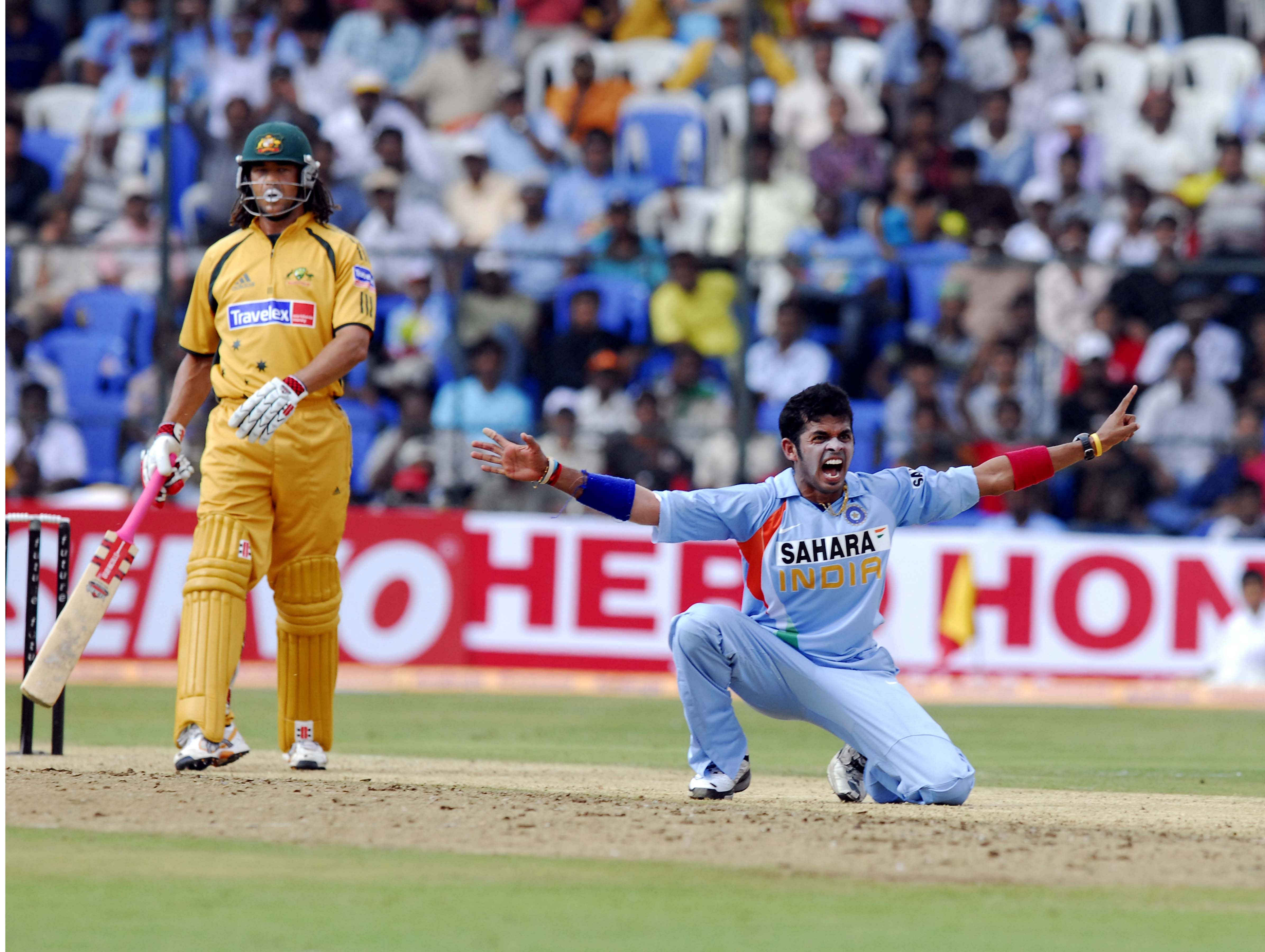
French footballer Zinedine Zidane’s headbutt against Marco Materazzi in the 2006 World Cup is well known. Closer home, cricketers Praveen Kumar, S Sreesanth and Harbhajan Singh are known to be aggressive on the field.
Does playing a sport make you aggressive?
Dr Chaitanya Sridhar, sports psychologist, says sport is a great way to enhance physical and mental well-being, but the scales tip when the objective is to ‘win at any cost’.
“Awareness of one’s temperament is key. If an athlete tends to lose his cool, it is essential to address it. For example, Sreesanth and Praveen Kumar should have been handled better by their cricket association in their younger days,” she explains.
Aggressive behaviour is seen as an indispensable part of sports. But is there a way to tell good aggression from bad?
“Many athletes say they play better when they are angry. When anger is channeled into the game, it’s great for the athlete and the team. Or else, we have bad examples like Zidane doing a head-butt,” says Chaitanya.
Kids like aggression?
Athletes in a position to influence children ought to carry themselves responsibly, psychologists say.
Chaitanya says emotional management is extremely important for overall sports performance.
And that is why players like Rahul Dravid, known for their impeccable behaviour, should train youngsters.
“Virat Kohli, before he became captain, used to lose his cool with his opponents and the umpires. Now, he is able to channel his aggression into performance and has become a good role model,” she explains.
Parenting role
Dr Sushruth V, consultant psychiatrist, Columbia Asia Hospital, Sarjapur Road, says training for a sport early on in life is good but it should go with enlightened parenting and coaching.
“When training includes goal-oriented talk—for example, ‘the match has to be won’ or ‘a goal has to be scored’—a child tends to follow it in daily life too. Children feel unaccomplished when their desires are not met and aggression comes out as a temper tantrum,” he says.
Parents and coaches play an important part in helping children understand the importance of playing well, and not just focusing on the outcome.
How to channelise it?
The behaviour of an adult is often said to be a reflection of what has happened in childhood. A sportsperson is successful because he of the playing and not because of aggression, and that is something a coach should drive home.
“Children should be helped with proper mental training and good relaxation exercises. Many adolescents into sports come to us with anger management problems,” says Sushruth.
Violence not okay
Akanksha Singh, former captain of the India women’s national basketball team, was aggressive in her growing years.
But once she got into basketball, the game taught her to handle her emotions.
“I was always ready to beat up people, but once I got into the sport, I learnt to balance out my aggressive nature. I started to value all the hard work I put into the game,” she says.
She says getting aggressive on the field is all right, but if that turns to violence and destruction, it is just not acceptable. Aggressive behaviour has not taken any athlete forward, she says.